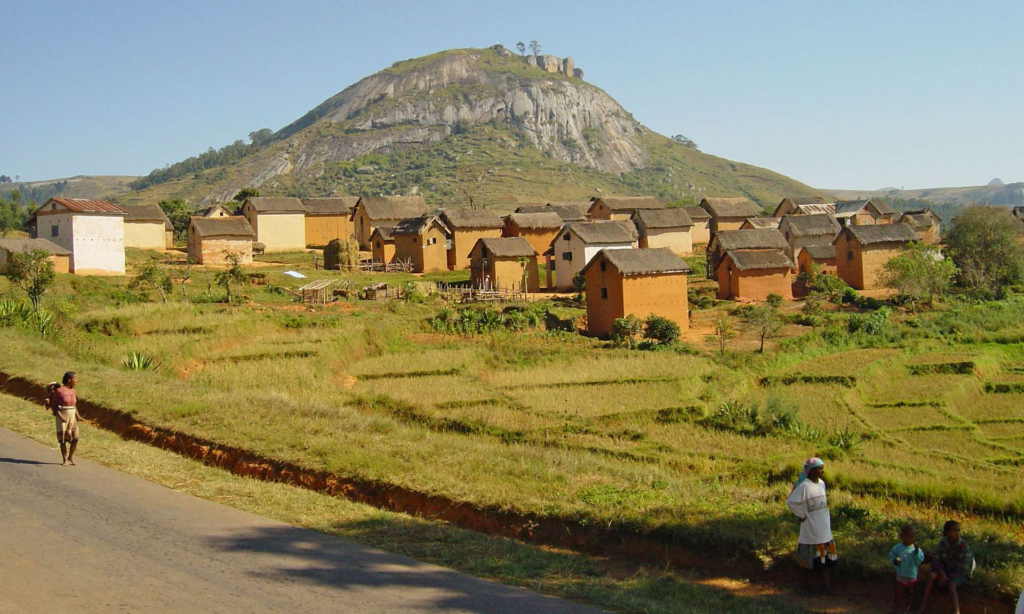Antananarivo, MADAGASCAR, April 6, 2023-/African Media Agency(AMA)/—Madagascar has received approximately $227 million to increase productivity and build resilience of rural livelihoods in Alaotra-Mangoro and Sofia regions , two regions essential to national food production. The financing consists of a $200 million loan from the World Bank and a €25 million loan from the French Development Agency (AFD) which will be approved by the AFD Board of Directors in July 2023. .
Through an integrated landscape approach, this new project will support community-led watershed restoration, rehabilitation and improved management of irrigation infrastructure and services, sustainable intensification of agricultural production and strengthening priority agrifood value chains. Overall, the project will reach 150,000 households, including 165,000 farmers who will benefit from the deployment of blockchain-enhanced input vouchers and trainings on climate-smart agriculture and agroecological practices. The project will finance the rehabilitation of 30,000 hectares of irrigated perimeters, 30,000 hectares of watersheds and 150 kilometers of rural roads to improve access to markets. It will also facilitate farmers’ investments in micro-irrigation and sustainable community landscape management on 61,000 hectares.
« The government is committed to achieving food self-sufficiency and boosting rural sector growth and resilience, as outlined in the Plan d’Emergence Madagascar (PEM). This project is timely as it will significantly improve food production, access to productive inputs and the sustainable management of natural resources on which farmers and rural livelihoods depend. “, said Harifidy Ramilison, Minister of Agriculture and Livestock of Madagascar.
Agriculture, fishing and forestry remain the backbone of the Malagasy economy. It is estimated that four out of five people, mostly subsistence farmers, depend on agriculture for their livelihood. And roughly the same proportion live below the poverty line of $1.90 a day. For a sector that accounts for 70% of total employment, its share in total exports (37%) and GDP (29%) is clearly limited. Despite the considerable socio-economic footprint and potential of the agricultural sector, sustained growth has remained elusive. Among the obstacles to the growth and sustainability of the sector, which the project interventions aim to remove, are uncontrolled changes in land use and the consequent loss of biodiversity and ecosystem services, inequality between gender and limited access to essential infrastructure and services such as irrigation, storage and roads. These same investments, in addition to other World Bank-funded programs being implemented, will also support the development of more robust and resilient food systems in Madagascar, which are threatened by climate change.
“The agricultural sector remains the main source of employment for the majority of Malagasy. To increase rural incomes, it is imperative to improve not only productivity, but also access to markets for essential inputs and products. The project’s integrated approach to rural development will, for example, provide improved seeds, extension and decision-making tools that will increase producers’ yields while rehabilitating feeder roads that connect them to markets,” a declared Marie-Chantal Uwanyiligira, Head of World Bank Operations in Madagascar. “Connectivity to markets has been identified by farmers as the key to increasing their incomes. Thus, the synergies between the broader Bank-financed road program in the target regions of Alaotra-Mangoro and Sofia and this project are essential to substantially and sustainably improve agricultural productivity and resilience and the incomes of rural communities. . »
Distributed by African Media Agency (AMA) for World Bank.
Source : African Media Agency (AMA)
